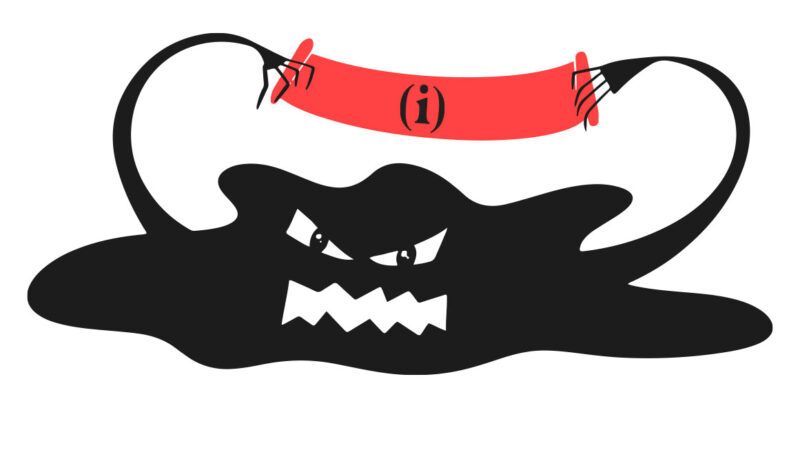New York Legalized Marijuana, but a Legal Typo Is Hindering Implementation
Correcting the error will require new legislation.

The cannabis legalization bill that New York enacted in 2021 included a provision that was supposed to help people convicted of marijuana felonies by downgrading their records in line with current law. But a typographical error made that relief harder to obtain than legislators promised.
The section of the law dealing with prior marijuana convictions describes two situations. Paragraph 2(a)(i) refers to a person convicted of a marijuana offense that "would not have been a crime" had the 2021 changes been in effect. Paragraph 2(a)(ii) refers to a person who "would have been guilty of a lesser or potentially less onerous offense" under current law.
Paragraph 2(b) says a court that receives a petition from someone convicted of a marijuana offense that no longer exists "shall….grant the motion to vacate such conviction." It adds that a court "may substitute, unless it is not in the interests of justice to do so, a conviction for an appropriate lesser offense" when "the petition meets the criteria in subparagraph (i) of paragraph (a)."
Whoops. That clearly should have been "the criteria in subparagraph (ii) of paragraph (a)," since it makes no sense to substitute "a conviction for an appropriate lesser offense" when no such offense exists. Because of that mistake, people with marijuana felony convictions cannot use the streamlined relief process the law was supposed to provide.
Under prior law, someone caught with eight ounces to a pound of marijuana was guilty of a felony. Under current law, possessing that amount in public is a violation punishable by a maximum fine of $250, while possessing five pounds or less at home is legal. Public possession of one to five pounds, which used to be a felony, is now a misdemeanor.
Legal Aid Society attorney Emma Goodman estimates that 9,000 marijuana felony convictions are covered by New York's law, about half of which involve offenses that are no longer felonies. "A form should exist that allows for a simple request to have your conviction reduced/downgraded to the current level of the offense," she writes in an email.
While the law gives courts some discretion in granting petitions, Goodman explains, "nobody really anticipated pushback on the simple substitution of the lower-level offenses. It was expected that it would be a very straightforward process that could be done pro se."
Correcting the error will require new legislation. "It may take a little bit of time," a spokesman for New York Assembly Majority Leader Crystal D. Peoples-Stokes (D–Buffalo) told The New York Times, "but we're on it."


Show Comments (15)